Import Conflicts
입력 2019.04.12 (15:06)
수정 2019.04.12 (15:25)
읽어주기 기능은 크롬기반의
브라우저에서만 사용하실 수 있습니다.
[Anchor Lead]
Since the nuclear disaster in Fukushima, Japan, Korea has been prohibiting the imports of Japanese fisheries. On April 12, the World Trade Organization issued its final verdict on the dispute between Korea and Japan over fish imports. Counter to initial expectations, Korea won the appeal and will be able to keep its ban on Japanese fisheries. The South Korean government welcomed the WTO ruling. Here's more
[Pkg]
The World Trade Organization's Appellate Body has ruled in its final verdict that South Korea's ban against fisheries from Fukushima, Japan was justified. The WTO announced the ruling in the early hours of April 12th. Korea imposed an import ban on fisheries from eight Japanese prefectures
including Fukushima in 2013. It also requires 17 different kinds of tests on any Japanese food that is found to contain even the slightest amount of radioactive cesium. In its first ruling issued last year, the WTO said that Korea's restrictions against Japanese imports were in violation of regulations banning discrimination and excessive trade sanctions. Korea appealed, and the WTO Appellate Body finally overturned the initial ruling. The WTO said that Korea's regulations did not discriminate against Japanese products nor did they find it overly excessive. It's the first instance of the WTO Appellate Body overturning the initial verdict in a case related to the violation of the Sanitary and Phytosanitary Measures Agreement. Now that the final ruling is out, South Korea can maintain its ban on fisheries imports from Fukushima. An official from the Ministry of Trade, Industry and Energy said the WTO ruling signified Korea's complete victory. The official added that while the first ruling only proved harmful environmental factors in Japan, the final ruling proves the detrimental effects of the environment on food. However, the WTO Appellate Body took issue with Korea's failure to disclose sufficient information on the import ban.
Since the nuclear disaster in Fukushima, Japan, Korea has been prohibiting the imports of Japanese fisheries. On April 12, the World Trade Organization issued its final verdict on the dispute between Korea and Japan over fish imports. Counter to initial expectations, Korea won the appeal and will be able to keep its ban on Japanese fisheries. The South Korean government welcomed the WTO ruling. Here's more
[Pkg]
The World Trade Organization's Appellate Body has ruled in its final verdict that South Korea's ban against fisheries from Fukushima, Japan was justified. The WTO announced the ruling in the early hours of April 12th. Korea imposed an import ban on fisheries from eight Japanese prefectures
including Fukushima in 2013. It also requires 17 different kinds of tests on any Japanese food that is found to contain even the slightest amount of radioactive cesium. In its first ruling issued last year, the WTO said that Korea's restrictions against Japanese imports were in violation of regulations banning discrimination and excessive trade sanctions. Korea appealed, and the WTO Appellate Body finally overturned the initial ruling. The WTO said that Korea's regulations did not discriminate against Japanese products nor did they find it overly excessive. It's the first instance of the WTO Appellate Body overturning the initial verdict in a case related to the violation of the Sanitary and Phytosanitary Measures Agreement. Now that the final ruling is out, South Korea can maintain its ban on fisheries imports from Fukushima. An official from the Ministry of Trade, Industry and Energy said the WTO ruling signified Korea's complete victory. The official added that while the first ruling only proved harmful environmental factors in Japan, the final ruling proves the detrimental effects of the environment on food. However, the WTO Appellate Body took issue with Korea's failure to disclose sufficient information on the import ban.
■ 제보하기
▷ 카카오톡 : 'KBS제보' 검색, 채널 추가
▷ 전화 : 02-781-1234, 4444
▷ 이메일 : kbs1234@kbs.co.kr
▷ 유튜브, 네이버, 카카오에서도 KBS뉴스를 구독해주세요!
- Import Conflicts
-
- 입력 2019-04-12 15:08:52
- 수정2019-04-12 15:25:59

[Anchor Lead]
Since the nuclear disaster in Fukushima, Japan, Korea has been prohibiting the imports of Japanese fisheries. On April 12, the World Trade Organization issued its final verdict on the dispute between Korea and Japan over fish imports. Counter to initial expectations, Korea won the appeal and will be able to keep its ban on Japanese fisheries. The South Korean government welcomed the WTO ruling. Here's more
[Pkg]
The World Trade Organization's Appellate Body has ruled in its final verdict that South Korea's ban against fisheries from Fukushima, Japan was justified. The WTO announced the ruling in the early hours of April 12th. Korea imposed an import ban on fisheries from eight Japanese prefectures
including Fukushima in 2013. It also requires 17 different kinds of tests on any Japanese food that is found to contain even the slightest amount of radioactive cesium. In its first ruling issued last year, the WTO said that Korea's restrictions against Japanese imports were in violation of regulations banning discrimination and excessive trade sanctions. Korea appealed, and the WTO Appellate Body finally overturned the initial ruling. The WTO said that Korea's regulations did not discriminate against Japanese products nor did they find it overly excessive. It's the first instance of the WTO Appellate Body overturning the initial verdict in a case related to the violation of the Sanitary and Phytosanitary Measures Agreement. Now that the final ruling is out, South Korea can maintain its ban on fisheries imports from Fukushima. An official from the Ministry of Trade, Industry and Energy said the WTO ruling signified Korea's complete victory. The official added that while the first ruling only proved harmful environmental factors in Japan, the final ruling proves the detrimental effects of the environment on food. However, the WTO Appellate Body took issue with Korea's failure to disclose sufficient information on the import ban.
Since the nuclear disaster in Fukushima, Japan, Korea has been prohibiting the imports of Japanese fisheries. On April 12, the World Trade Organization issued its final verdict on the dispute between Korea and Japan over fish imports. Counter to initial expectations, Korea won the appeal and will be able to keep its ban on Japanese fisheries. The South Korean government welcomed the WTO ruling. Here's more
[Pkg]
The World Trade Organization's Appellate Body has ruled in its final verdict that South Korea's ban against fisheries from Fukushima, Japan was justified. The WTO announced the ruling in the early hours of April 12th. Korea imposed an import ban on fisheries from eight Japanese prefectures
including Fukushima in 2013. It also requires 17 different kinds of tests on any Japanese food that is found to contain even the slightest amount of radioactive cesium. In its first ruling issued last year, the WTO said that Korea's restrictions against Japanese imports were in violation of regulations banning discrimination and excessive trade sanctions. Korea appealed, and the WTO Appellate Body finally overturned the initial ruling. The WTO said that Korea's regulations did not discriminate against Japanese products nor did they find it overly excessive. It's the first instance of the WTO Appellate Body overturning the initial verdict in a case related to the violation of the Sanitary and Phytosanitary Measures Agreement. Now that the final ruling is out, South Korea can maintain its ban on fisheries imports from Fukushima. An official from the Ministry of Trade, Industry and Energy said the WTO ruling signified Korea's complete victory. The official added that while the first ruling only proved harmful environmental factors in Japan, the final ruling proves the detrimental effects of the environment on food. However, the WTO Appellate Body took issue with Korea's failure to disclose sufficient information on the import ban.
이 기사가 좋으셨다면
-
좋아요
0
-
응원해요
0
-
후속 원해요
0










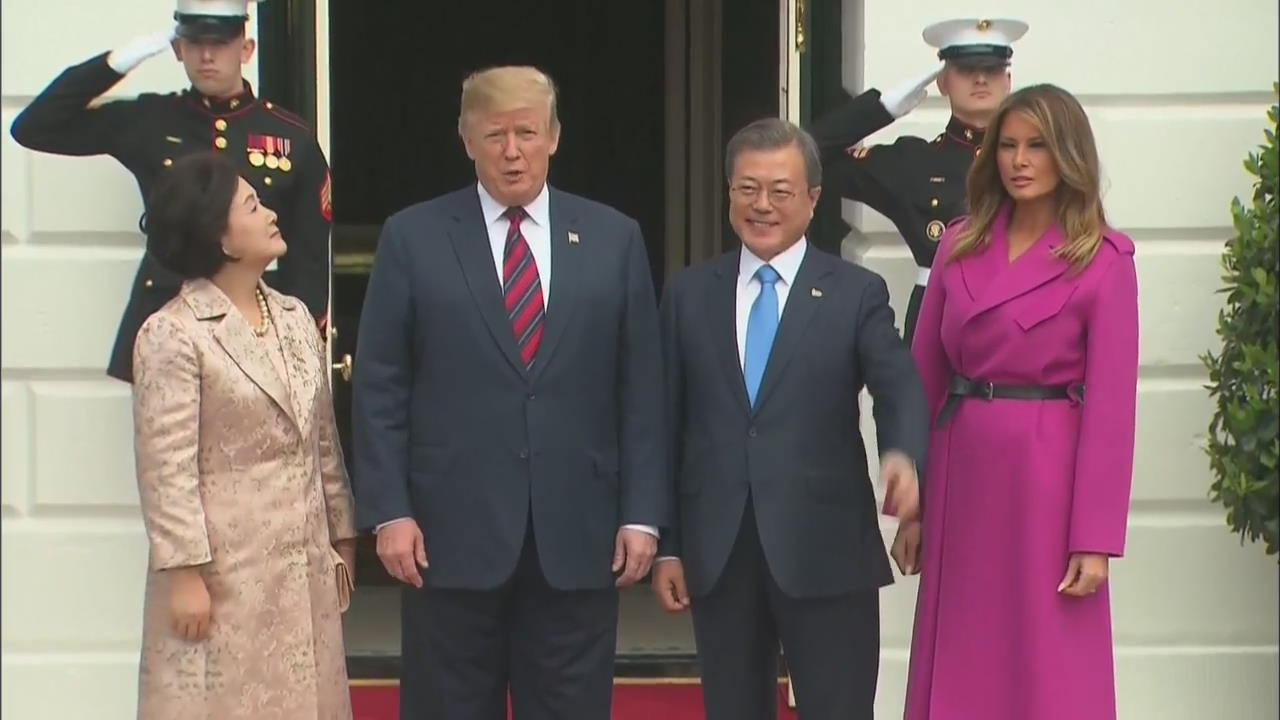
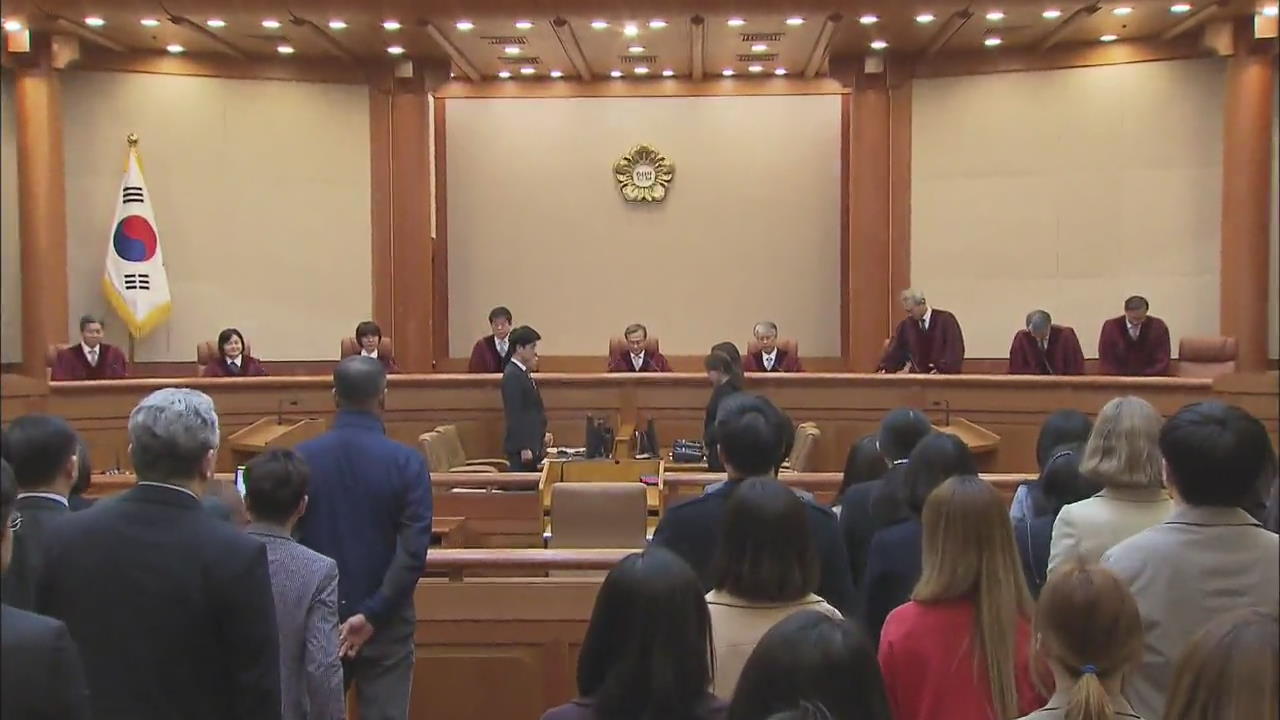
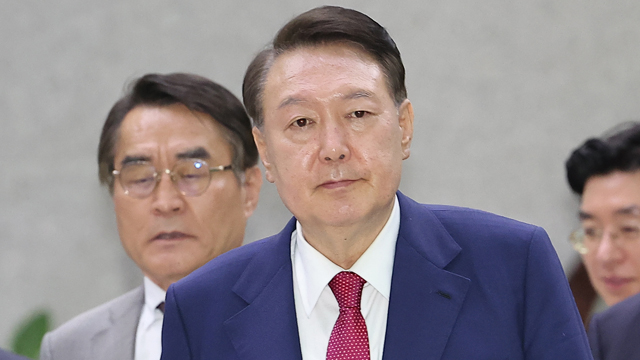
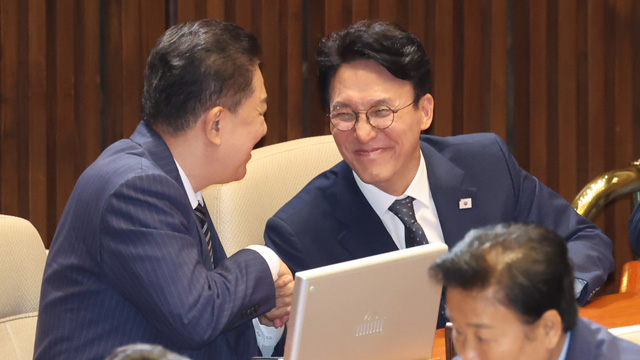
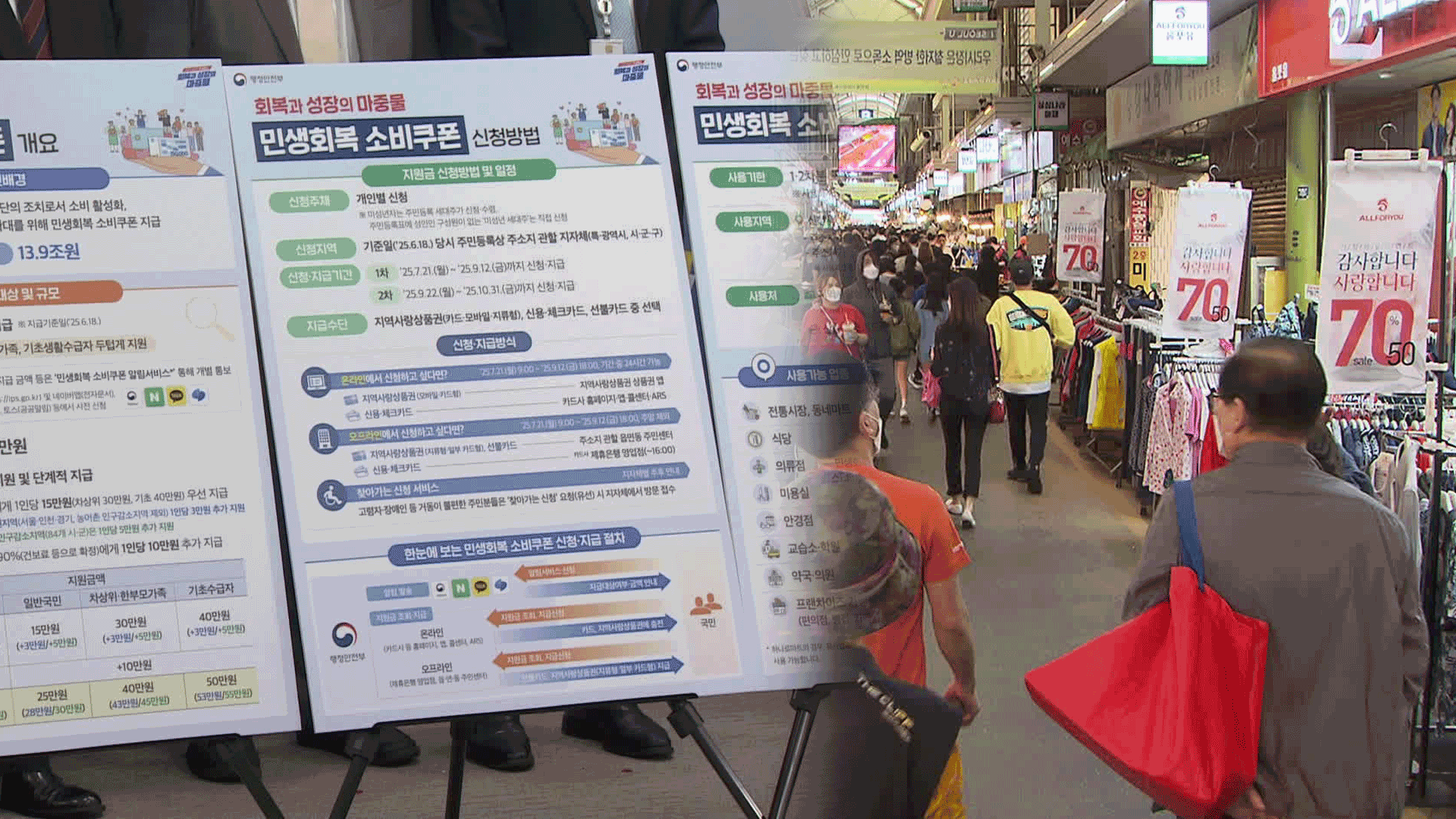
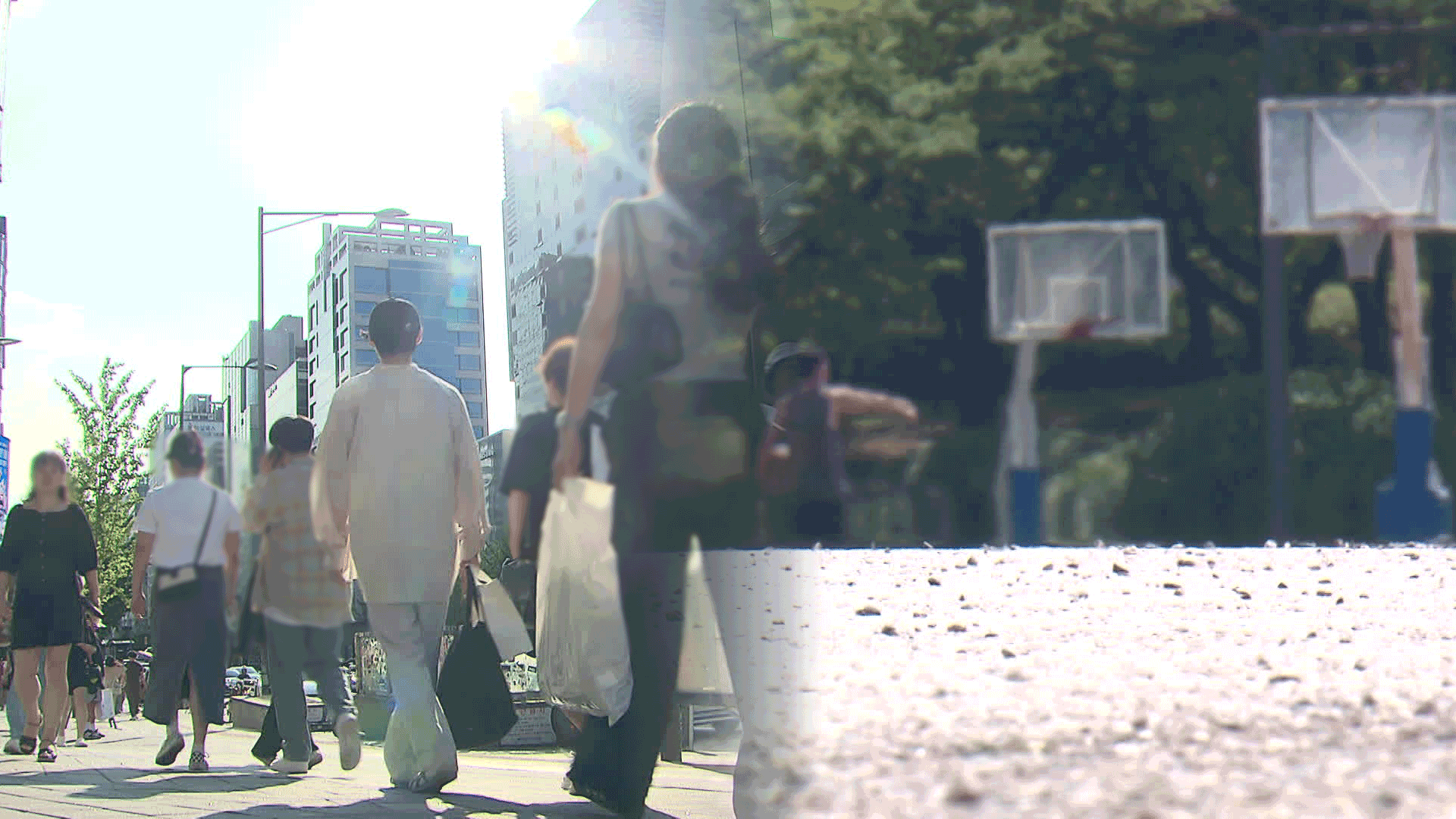

이 기사에 대한 의견을 남겨주세요.